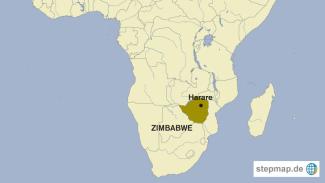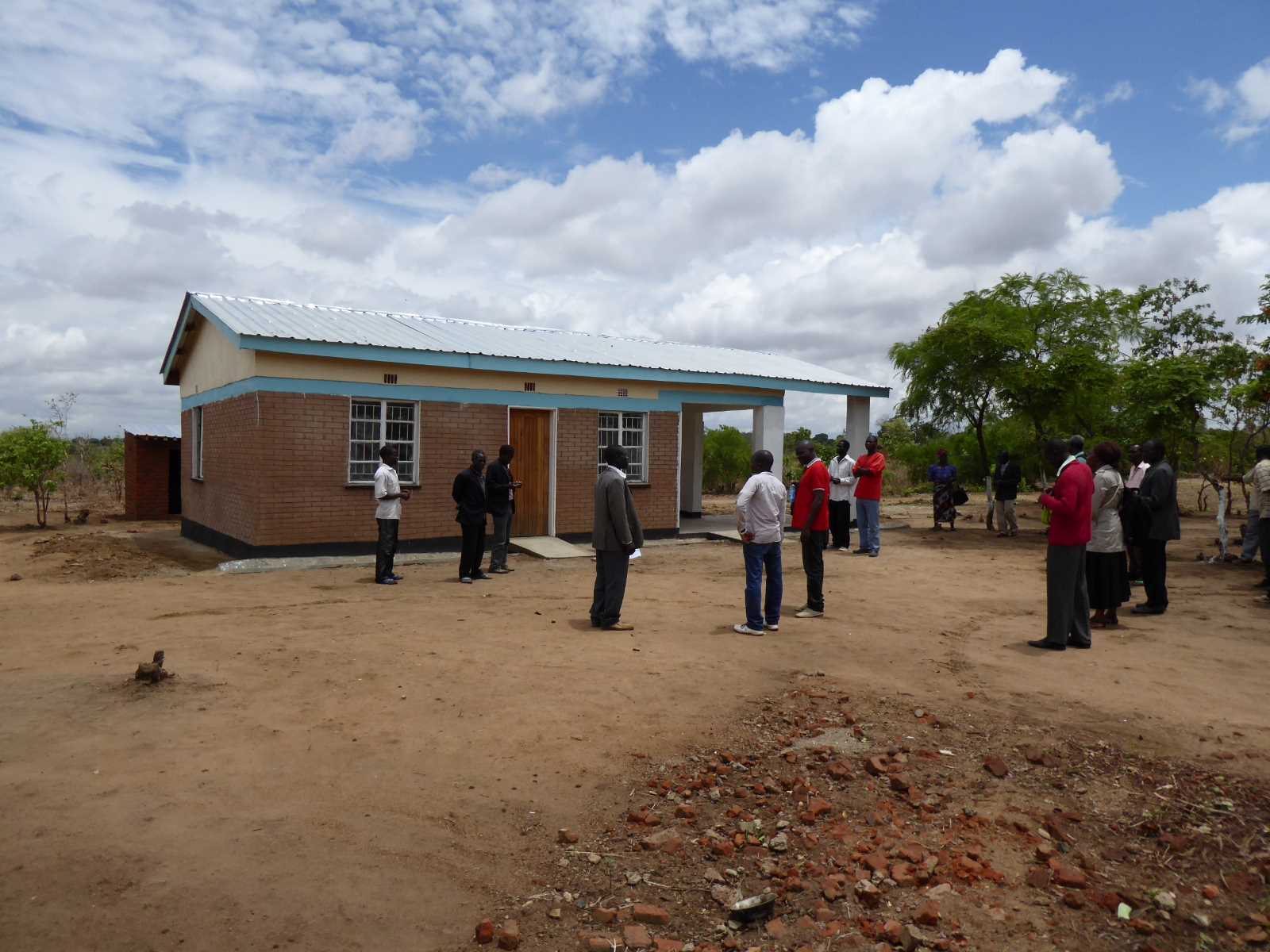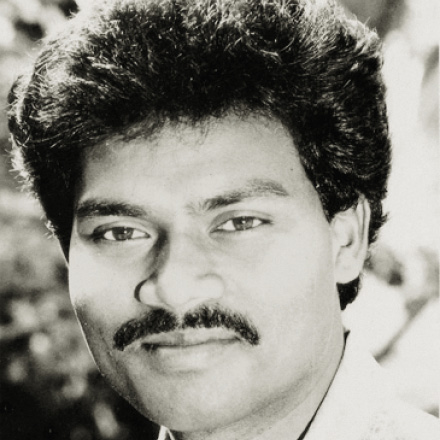Epidemics
Health care by donations

In early September this year, cholera broke out in Zimbabwe. It started only a few days after the inauguration of President Emmerson Mnangagwa.
As the number of cholera deaths kept rising, Mnangagwa bragged that his country had made strides towards achieving the UN Sustainable Development Goals. However, more than 8,500 people were soon infected. In response, the government declared an emergency and banned public gatherings to prevent the spread of the infectious disease.
For doctors like Letiwe Siziba, who is based in the capital Harare, the country’s authorities never seem to learn from their past experiences with the disease. “In 2008, over 4,000 people succumbed to cholera,” she recounts, “owing to the same problems that have caused the latest bout of the same disease.” The reasons are poor sanitation and dirty water contaminated with faecal matter, the physician points out.
As Zimbabwe’s government tried to contain the cholera outbreak, Mthuli Ncube, the finance minister, suggested to start “crowdfunding” to fight the disease. The minister appealed for donations from citizens to help the government. A twitter message of his read: “Together with my colleagues at the Ministry of Health, we have set up an auditable emergency crowdfund to further efforts to fight cholera to date. Together we can win!”
Many citizens were livid. Theo Moyo was one of them. His response on twitter was: “This is morally and financially bankrupt; the deceitful Zimbabwe government wants us to donate money to help tackle cholera pandemic through crowdfunding. They should be ashamed!”
Kate Bartlett called the crowdfunding attempt “an insult”. Her point was that citizens pay taxes which are supposed to keep the health services running. “On top of that, I have to donate to crowdfunding too?” Many people now demand that Robert Mugabe, the former president, should be made to pay back ill-gotten gains, so that the government would have more money.
Denford Ngadziore belongs to the Movement for Democratic Change Alliance, the opposition party. He maintains that “our government is notorious for spending tax payers’ money on buying vehicles for cabinet ministers.”
International agencies like the World Health Organization and UNICEF have had to step in with emergency help. Meanwhile, Zimbabwe’s newly appointed Health Minister Obadiah Moyo has been on record pinning the blame for the cholera outbreak on the opposition-led Harare City Council. He said the municipal body had “failed its residents by not providing clean water and proper sanitation.”
Jeffrey Moyo is a journalist and lives in Harare, Zimbabwe.
moyojeffrey@gmail.com












